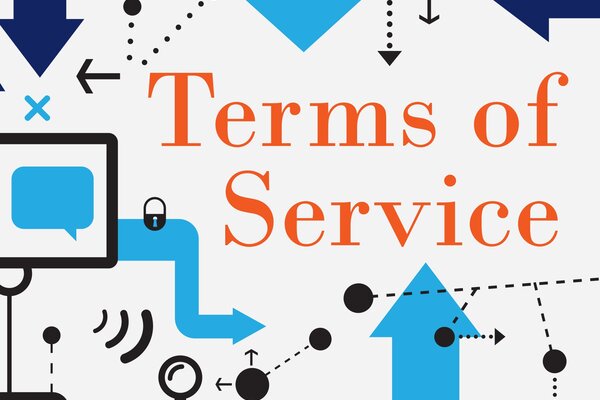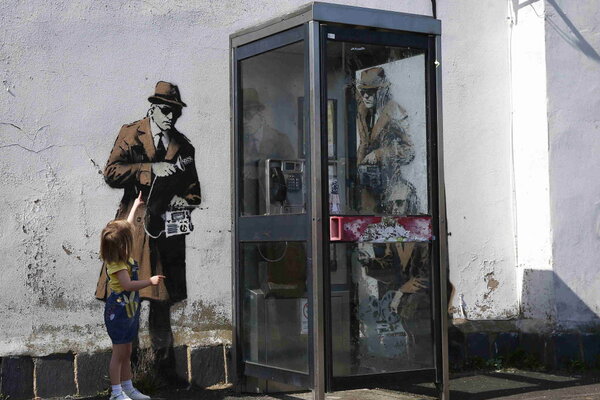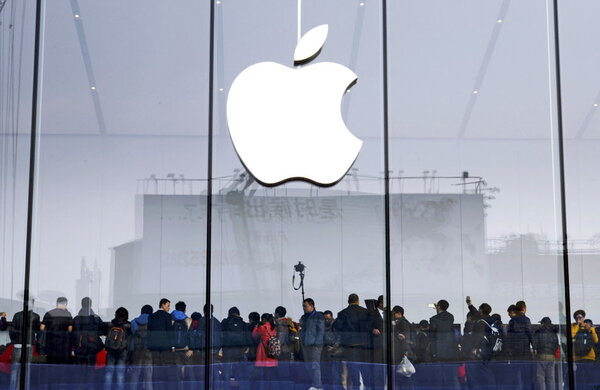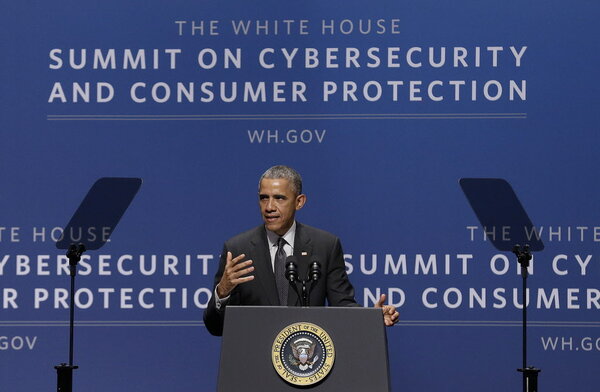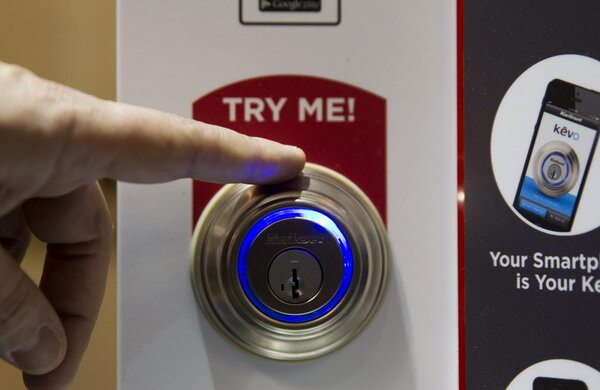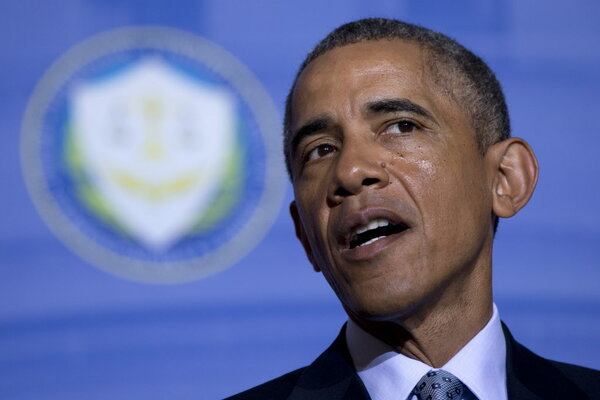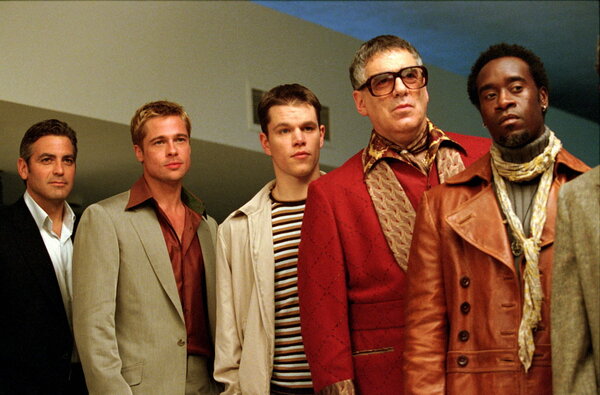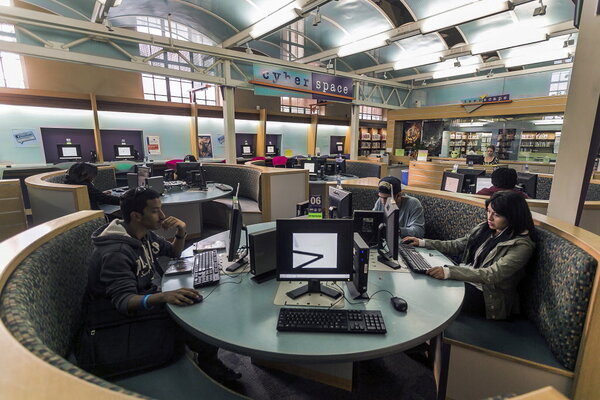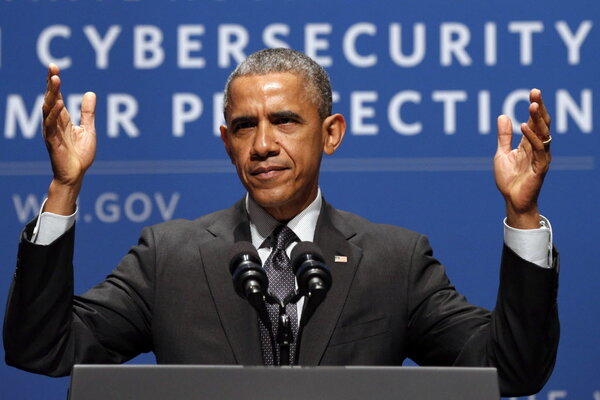All Passcode Voices
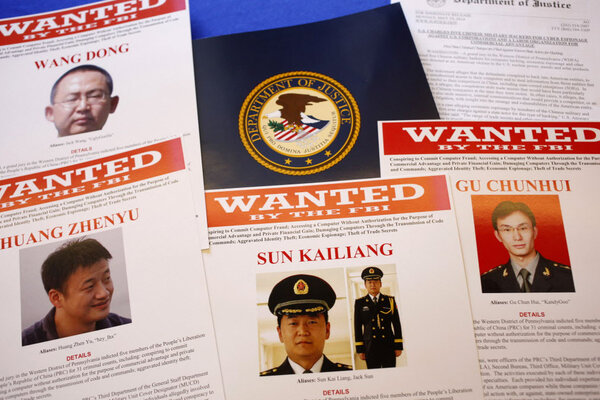 Opinion: Sanctions may be Obama's best idea yet to battle cyberattacksObama signed an executive order today authorizing a program of sanctions to battle digital assaults coming from overseas. While the order seems aimed at the Chinese, it might also be the president's most successful tool for thwarting cyberattacks.
Opinion: Sanctions may be Obama's best idea yet to battle cyberattacksObama signed an executive order today authorizing a program of sanctions to battle digital assaults coming from overseas. While the order seems aimed at the Chinese, it might also be the president's most successful tool for thwarting cyberattacks.- Will privacy survive a Digital Age of corporate surveillance?Author Jacob Silverman argues that it's time for consumers to begin asking harder questions about whether companies such as Google should be trusted with so much personal data.
- How to defeat Internet bulliesLaws against online abuse are often underenforced and many police departments need better training to confront threats on the Web. But author and privacy expert Danielle Citron says states are starting to do more, and the public is beginning to stand up against Internet trolls, bullies, and tormentors.
- Opinion: Meaningful surveillance reform must prioritize civil libertiesThe Surveillance State Repeal Act would roll back some of the worst constitutional abuses that have resulted from the US government's widespread spying practices. While it has received backing across the political spectrum, the act needs broad public support to become a reality.
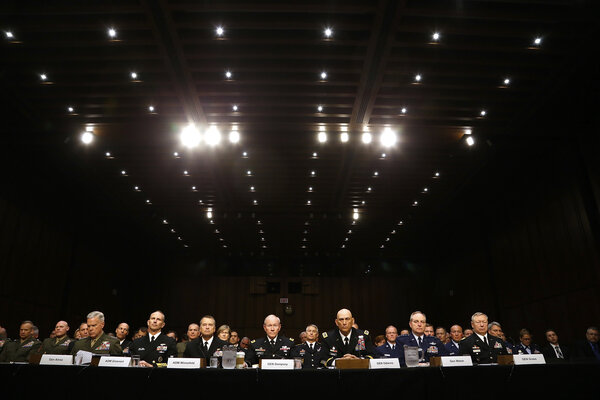 Opinion: Will 2015 be the year we shoot back in cyberspace?After the Sony hack, here are some recommendations for when President Obama should authorize firing back to disrupt Russian or Iranian cyberattack campaigns.
Opinion: Will 2015 be the year we shoot back in cyberspace?After the Sony hack, here are some recommendations for when President Obama should authorize firing back to disrupt Russian or Iranian cyberattack campaigns.- Opinion: How to defuse a simmering crypto warIn an Op-Ed provided by our partners at the Information Technology and Innovation Foundation, the director of the Cyber Security Policy and Research Institute at the George Washington University argues that engineering trust can help avoid a new battle over data encryption.
- Opinion: Obama needs a cyberwar cabinetThe Sony hack demonstrated that modern warfighting will be defined as much by circuits and networks as by missiles and guns. Therefore, we need a new war cabinet comprised of cybersecurity experts from government and the private sector to ensure the US can respond in real time to the next massive breach.
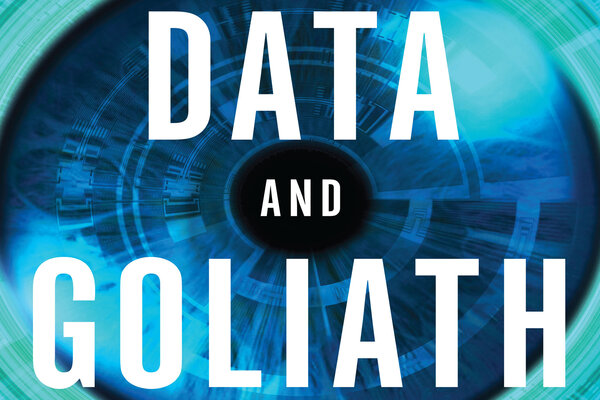 In our modern surveillance state, everyone can be exposedMaintaining anonymity against powerful surveillor is nearly impossible. Even the most skilled hackers and spies risk discovery. In an era when everything is tracked and stored, we either need more robust ways of preserving anonymity – or to give up on the idea entirely.
In our modern surveillance state, everyone can be exposedMaintaining anonymity against powerful surveillor is nearly impossible. Even the most skilled hackers and spies risk discovery. In an era when everything is tracked and stored, we either need more robust ways of preserving anonymity – or to give up on the idea entirely.- Why domestic drones stir more debate than ones used in warfighting abroadJohn Kaag, coauthor of 'Drone Warfare,' says a 'disturbing mix of provincialism and exceptionalism' is the reason why Americans are more concerned about domestic drone usage than military drones used in targeted killing abroad.
- Opinion: Fortifying the Internet of Things means baking in security at the beginningProtecting smart devices means building cybersecurity into the design process, from hardware to software. Making security a priority at the start, instead of coming up with patches later, is the key to ensuring the growing number of connected gadgets remain safe.
 Hacker or spy? In today's cyberattacks, finding the culprit is a troubling puzzleThe Sony hack revealed the challenges of identifying perpetrators of cyberattacks, especially as hackers can masquerade as government soldiers and spies, and vice versa. It's a dangerous new dynamic for foreign relations, especially as what governments know about hackers – and how they know it – remains secret.
Hacker or spy? In today's cyberattacks, finding the culprit is a troubling puzzleThe Sony hack revealed the challenges of identifying perpetrators of cyberattacks, especially as hackers can masquerade as government soldiers and spies, and vice versa. It's a dangerous new dynamic for foreign relations, especially as what governments know about hackers – and how they know it – remains secret.- Opinion: Obama's consumer 'bill of rights' should spark national dialogue about privacyThe Obama administration's proposed Consumer Privacy Bill of Rights should be viewed as the basis for starting a national conversation about stronger data protections laws, which are crucial as there is no future in which less data will be collected and used.
- Opinion: After high-profile hacks, it's time for a bolder approach to cybersecurityAmong the lessons from the Sony hack was that conventional cybersecurity measures don't always stop intruders. What more corporations need to apply is an active defense to better understand and stop future threats.
- What is intellectual privacy, and how yours is being violatedIt's the notion that in a free society, anyone should be able to read, learn, and debate without being monitored and recorded. Americans have long cherished this freedom, but author Neil Richards says it's being threatened by pervasive online tracking of digital habits and social media discussions.
- Opinion: What cybersecurity pros can learn from 'Ocean's Eleven'In the movie 'Ocean's Eleven,' cunning crooks outwitted an elaborate defense system. The same dynamic plays out on the digital front. That's why cybersecurity requires strong threat deterrence and not just stronger locks and taller fences.
- Opinion: For many Americans, cybersecurity tips aren't realistic. Here's how to change thatWhen handing out practical cybersecurity advice, experts should consider the millions of Americans who can’t afford their own computers and whose only Web access is through insecure connections.
- Opinion: Information sharing works best if intel comes with an action planThe ultimate goal of information sharing is to stop attacks and improve overall cybersecurity. For this to happen, however, threat information has to be accompanied by crisp, well-thought-out response plans.
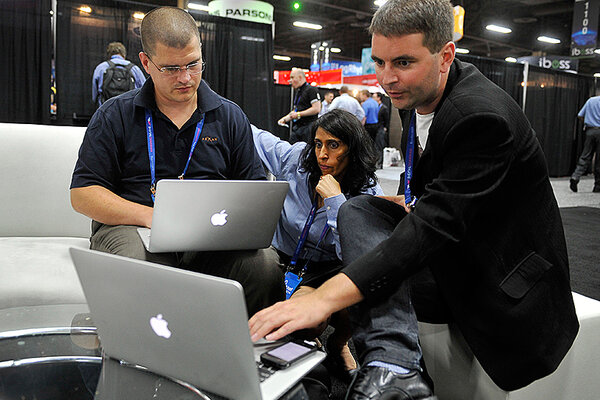 Opinion: Waging war on hackers actually hurts US cybersecurity effortsWhile Obama wants tougher penalties for criminal hackers, the administration can't afford to alienate good hackers working to improve security. Friday's Cybersecurity Summit at Stanford is a chance to extend an olive branch to the security researchers the US needs working on its side.
Opinion: Waging war on hackers actually hurts US cybersecurity effortsWhile Obama wants tougher penalties for criminal hackers, the administration can't afford to alienate good hackers working to improve security. Friday's Cybersecurity Summit at Stanford is a chance to extend an olive branch to the security researchers the US needs working on its side.- Opinion: Privacy could be the victim if police body cameras aren't more hack-proofThe Obama administration's push to outfit police officers with body cameras needs to be accompanied by strong standards to ensure those video systems are secure.
 Frank Pasquale unravels the new machine age of algorithms and botsIn his book "The Black Box Society," Pasquale exposes secret algorithms behind the scenes of corporate America.
Frank Pasquale unravels the new machine age of algorithms and botsIn his book "The Black Box Society," Pasquale exposes secret algorithms behind the scenes of corporate America.



